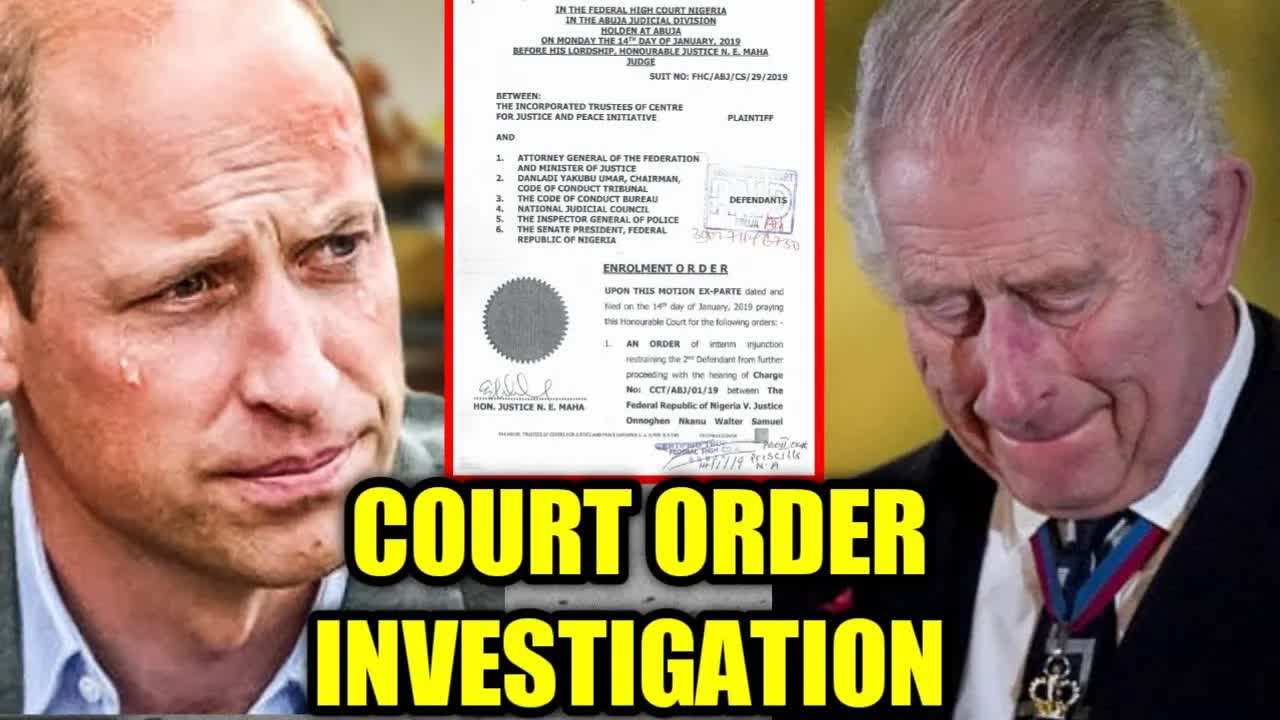Imagine waking up to discover that the very institutions you’ve held dear for generations are now facing intense scrutiny.
The British monarchy, long regarded as a bastion of tradition and stability, is now encountering unprecedented demands to dissolve its private estates and distance itself from a lucrative deal with the National Health Service (NHS).
This isn’t merely a royal issue; it’s a national dialogue that could potentially redefine the monarchy’s future and the public’s trust in the UK.
So, how did we arrive at this point, and what could it mean for the royal family moving forward?
Recently, both Prince Charles and Prince William have found themselves at the heart of an escalating debate.
The controversy centers on their private estates, specifically the Duchy of Cornwall and the Duchy of Lancaster, along with their involvement in a profitable arrangement with the NHS.
Critics assert that these private estates, which generate substantial income for the royals, should be dismantled to promote greater transparency and fairness.
But what sparked this uproar, and what are the repercussions for the monarchy and the public?
To grasp the current turmoil, we must explore the historical context of the Duchy of Cornwall and the Duchy of Lancaster.
Established in the 14th century, these estates were intended to provide financial support for the heir apparent and the reigning monarch.
Over the years, they have transformed into extensive portfolios encompassing land, property, and various investments.
However, with such wealth comes a pressing need for accountability, especially in today’s society.
The Duchy of Cornwall, created in 1337 by Edward III for his son, Prince Edward, has become a vital source of income for the Prince of Wales.
It spans over 130,000 acres across 23 counties in England and Wales, comprising farms, residential and commercial properties, and natural resources.
Similarly, the Duchy of Lancaster, founded in 1265, provides revenue for the reigning monarch and includes vast landholdings and properties.
The controversial deal involves leasing land owned by the Duchy of Cornwall to the NHS for the establishment of healthcare facilities.
While this partnership has proven financially beneficial for both parties, it raises ethical dilemmas.
Should the royal family be profiting from public health services?
Does this arrangement compromise the NHS’s impartiality?
Given that the NHS is a cornerstone of British society funded by taxpayers and offers healthcare free at the point of use, the notion that the royal family could profit from such a vital service has ignited outrage among many.
Public sentiment is sharply divided.
On one side, supporters argue that the income from these estates helps fund charitable initiatives and maintain historic properties.
Conversely, critics contend that the monarchy should refrain from commercial activities that may seem exploitative of public resources.
This ethical quandary has sparked a broader conversation about the monarchy’s role in contemporary society.
The ongoing debate also sheds light on the pressing issue of wealth inequality.
In an era when many individuals are grappling with rising living costs, the idea that the royal family could be profiting from public services feels particularly offensive.
This has led to calls for increased scrutiny of royal finances and a re-examination of the monarchy’s place in a modern democratic framework.
Transparency has emerged as a key term in this discussion.
Advocates for dissolving the private estates argue that such action would foster greater financial openness and accountability.
They believe the royal family’s finances should undergo the same level of scrutiny as any other public institution.
But is this expectation realistic, and what might it entail for the future of the monarchy?
Proponents of transparency assert that, as public figures funded by taxpayers, the royal family should adhere to the highest standards of accountability.
They suggest that dismantling the private estates would not only enhance transparency but also ensure that the wealth generated from these assets benefits the public.
However, opponents argue that these estates are essential for the royal family’s independence and their ability to fulfill their duties effectively.
Trust in public institutions is waning, and the monarchy is no exception.
The ongoing controversy surrounding private estates and the NHS deal has only intensified public skepticism.
How can the royal family restore public trust, and what measures can they take to demonstrate their commitment to transparency and ethical behavior?
Restoring public confidence will necessitate more than mere promises; it will require tangible actions.
The royal family could begin by increasing financial transparency and making a solid commitment to ethical practices.
This could involve publishing detailed accounts of their income and expenditures, alongside establishing independent oversight mechanisms to guarantee accountability.
As the debate continues, it’s evident that the monarchy must adapt to endure.
Whether that means dissolving private estates, withdrawing from the NHS deal, or discovering new ways to engage with the public, change is on the horizon.
The royal family has a storied history of adapting to the times.
From the abdication crisis of 1936 to Queen Elizabeth II’s modernization efforts, the monarchy has consistently displayed an impressive capacity for evolution.
This current controversy presents yet another opportunity for the royal family to affirm its relevance and commitment to serving the public good.
The situation surrounding Charles and William’s private estates and the NHS deal transcends a mere royal scandal; it reflects larger societal issues at play.
As we navigate this intricate landscape, it’s crucial to engage in meaningful dialogue and consider the implications for our institutions and values.
What do you think?
Should the royal family dissolve their private estates and withdraw from the NHS deal?
Your thoughts matter in this ongoing conversation.










